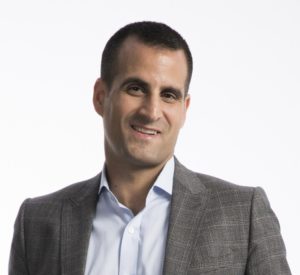
By Som Seif, Purpose Investments
Special to the Financial Independence Hub
As many of you have already heard, in its most recent budget, the federal government announced plans to alter the structure of the corporate class model.
Starting in September, switching between corporate class series funds will become a taxable event: just like that of a traditional mutual fund trust.
While this decision will affect retail investors’ ability to compound wealth over the long term and will likely result in some mutual fund manufacturers electing to abandon the corporate class structure, it has very little impact on the true benefit of the structure.
Structure still has tax-efficient distribution yields
Even though the ability to switch between funds without paying tax on capital gains has traditionally been an added bonus of the corporate class structure, its true benefit lies within its capacity to consolidate expenses, income, gains and losses of multiple funds into a single entity. This helps to create tax-efficient distribution yields that are far superior to traditional income from a tax rate perspective, and ultimately provides compounding benefits for the funds.
Few investors exercised right to switch between funds
To this day, corporate class fund series are fundamentally used for their tax-efficient distributions: not for their switching ability. In fact, at their inception, many assumed that investors would not even be able to switch between ETFs under the corporate class structure, which inevitably became one of the many advantages of the product. Since then, very few investors have actually exercised their right to switch between funds.
A great amount of consideration is placed on maximizing investor experience, reducing taxes and minimizing the distributions flowed to investors. The changes proposed by the federal government will have very little impact on how this is achieved. Portfolio managers and fund providers will continue manage and create new products, emphasizing tax-efficiency to optimize client outcomes. This thinking will continue to include the corporate class structure.
Like many of you, I am confused by the federal government’s decision to eliminate the corporate class switching benefit. This option is highly aligned with the long term goal of the government to help investors save and compound their wealth over time. Between RSPs, TFSAs, RESPs and other tax-efficient investment accounts, the Canadian government has historically been committed to a very strong investment savings model.
The proposal to eliminate the compounding benefit of switching investments on a tax-deferred basis within the Corporate Class structure seems counter-intuitive, and ultimately serves to limit the options available to retail investors.
Som Seif is the founder and Chief Executive Officer of Purpose Investments Inc., which he formed following the sale of Claymore Investments to BlackRock Inc. in March 2012. Prior to Claymore, he was an investment banker with RBC Capital Markets. Som’s goal is to make investing for Canadians cheaper and better.

